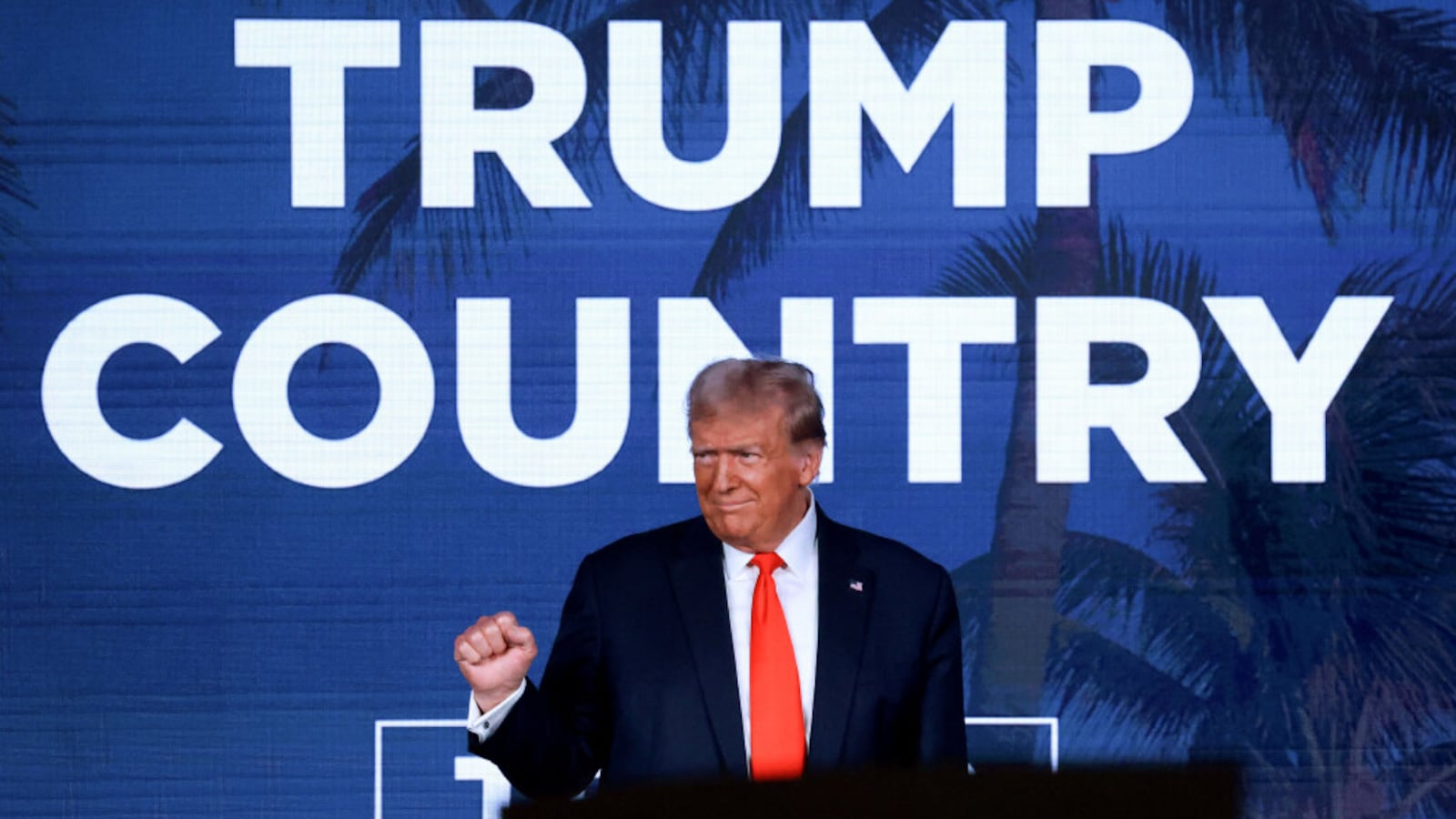The U.S. Supreme Court needs to understand that the disqualification of former President Donald J. Trump under Section 3 of the 14th Amendment from running again for President of the United States is going exactly as it should. The Maine Secretary of State ruled in an administrative proceeding that Trump is disqualified, and the Colorado Supreme Court ruled similarly.
Both states followed the law set forth in the U.S. Constitution that anyone who once took an oath to support the Constitution but then “shall have engaged in insurrection or rebellion against the same, or given aid or comfort to enemies of the same” cannot again serve our country. But four other states (Florida, Michigan, Minnesota, California) came out the other way, while 14 other states (Alaska, Arizona, Nevada, New Jersey, New Mexico, New York, Oregon, South Carolina, Texas, Vermont, Virginia, West Virginia, Wisconsin and Wyoming) still have disqualification cases pending. This sets up a potential crazy quilt map of states where Trump is on the ballot in some state but not in others. There is nothing wrong with this. It’s federalism at work.
Under the Constitution, the states have primary power over administering federal elections with Congress also possessing authority to regulate how the elections are run—voter registration being an example. So, the fact that who can run, who can vote and the “time place and manner” in which voting takes place varies from state to state is normal—and, arguably, the high court need not concern itself with these issues.
Given this, SCOTUS does not have to take the ultimate appeal of any of these cases. Its discretion to take cases is complete, and letting the different cases stand would be an unreviewable decision on their part that would both keep them out of a repeat of their gross interference in the 2000 presidential election where the high court, not the people, made George W. Bush the 43rd president, and perhaps staunch the bleed out of their credibility. But the justices—liberal and conservative alike—are unlikely to be able to resist the glamour of taking on a case that can decide who will be president in 2024, and most legal experts believe they will take it on.
If the justices do follow this course of action, they should limit what issues they decide to the ones that most clearly relate to Constitutional interpretation. Chief among those is the question of whether the president of the United States is an “officer” of the United States since some—including Trump—argue that the president is not an officer of the United States, and therefore the disqualification provision does not apply.
The justices should dispose of this question by holding that the president is an officer of the United States. To conclude otherwise begs the question of what is the president then? Trump would like the answer to be that the president is an emperor or a king rather than a mere officer serving the Constitution, and that’s what SCOTUS would be anointing him if it concludes that presidents do not hold office.
Another issue appropriate for the high court to resolve would be the question of what kind of process is required to disqualify Trump under the 14th Amendment. The provision—as argued by Professor Laurence Tribe and former federal judge J. Michael Luttig—is self-executing, but “self-executing” still requires some action by someone. That someone is the state applying whatever process its laws require. If, as in Maine, the law requires the secretary of state to make a determination, then that is the right process in that state.
SCOTUS should reject any arguments that a criminal conviction for insurrection is required. The conservative originalists on SCOTUS should note that the plain language of the disqualification clause says nothing about criminal charges or convictions, so it would be an abuse of power for the Supreme Court to write that requirement into the Constitution.
Disqualification is not a punishment or sanction, and doesn’t need the kind of process protection in criminal law that are meant to protect defendants from unjust punishment. Per The New York Times, Professor William Baude—one of two conservative law professors who have written a law review article concluding Trump should be disqualified—put it this way: “The question of should Donald Trump go to jail is entrusted to the criminal process…[t]he question of should he be allowed to take the constitutional oath again and be given constitutional power again is not a question given to any jury.”
As pointed out in the Times by Professor Ashraf Ahmed, the process issue may be attractive to SCOTUS as a procedural way of resolving the case. For example, it could find that the process afforded Trump in Colorado was insufficient because he was not allowed to subpoena witnesses in the fact-finding portion of that trial. This was the view of one of the dissenting Colorado Supreme Court justices.
Just as SCOTUS should not read non-existent requirements like a conviction for insurrection into the 14th Amendment, it also needs to stay away from defining other terms like “aid and comfort”—as in aid and comfort to enemies of the Constitution. The plain meaning of such words is obvious. As Professor Tribe has said, Trump’s statements that he would pardon Jan. 6 rioters who wanted to stop the Constitutional process of certifying the election, and his calling for the termination of the Constitution in order to overturn the 2020 election are plain examples of his offering aid and comfort to enemies of the Constitution. To that I would add Trump’s Jan. 6 declaration of praise and love to the rioters: “We love you; you’re very special.” You don’t need a law degree to know that is “aid and comfort.”
SCOTUS also needs to ignore the opinions of politics experts who claim that any effort to disqualify Trump will only make him more popular and politicians—both liberal and conservative—who claim “disqualification” needs to be left to the hands of the voters. This view both myopically misses the point that law is meant to be applied regardless of political concerns and contributes to an erasure of the safeguards in the Constitution. For a law that is never used is a law that has been erased. Even SCOTUS doesn’t have that power. At least, not yet.
Shan Wu is a former federal prosecutor who served as counsel to Attorney General Janet Reno.







